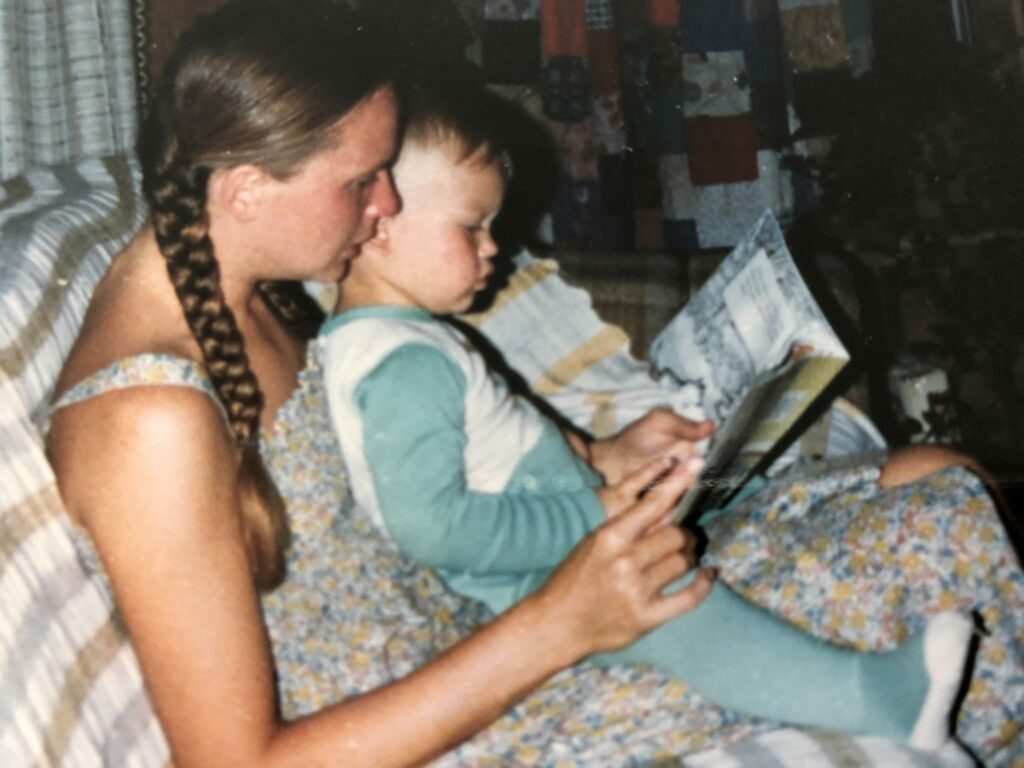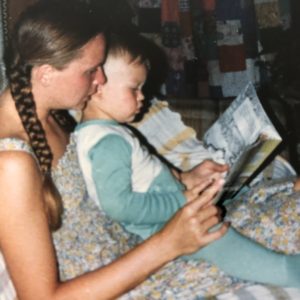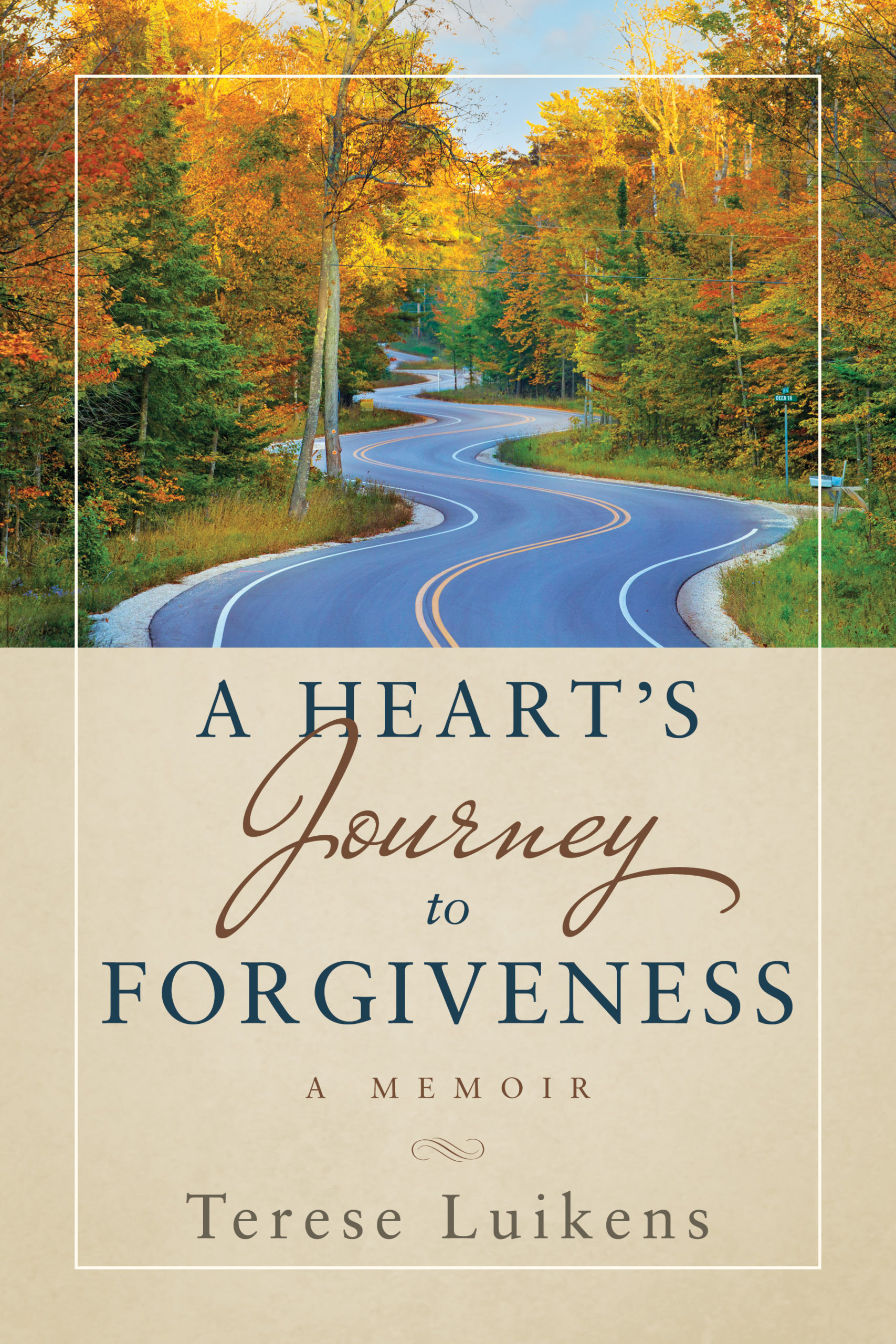
Why Bother Noticing the Narrative?

Why Bother Noticing The Narrative?
I’ve always been an avid reader and read bedtime stories to my sons. Now, as a fourth grade teacher, I like to introduce my students to the pleasure of reading good stories by authors who write good books. Every year, I read stories out loud to my fourth grade class nearly every day. And no matter the genre of the book, historical fiction like Number the Stars, or realistic fiction such as Old Yeller or Hatchet, my students always ask, “Is this story real?”
That question always leads us into a discussion about different genres, the setting of the story, events and setting. Countries such as Denmark, Texas in the 1860s, or the Canadian Wilderness really exist, I tell my students. WWII really happened and as far as the characters go, I like to emphasize the power of an author. For example, before Fred Gipson, the author of Old Yeller, penned his book, Travis, Arliss and Old Yeller did not exist. Mr. Gipson created them. He chose their names, formed their character traits and by his imagination, controlled their actions. I let them ruminate on that fact and then I begin reading them a really good story.
The Power of Authors
Even if we never write a book, we are all authors of our own narratives. We tell ourselves stories every day. We all possess an imagination that can work for or against us. For example, just recently I wove a very good story in my mind.
Sometimes my job overwhelms me, especially the last quarter of every year. At this time, end of the year state testing for students takes place as well as teacher self-reflection and evaluations. Both of these events are time consuming and energy draining. There are a plethora of forms and protocols that must be followed with precision and deadlines to be met. It is an anxious and worrisome few weeks.
Recently, I opened an email from my principal informing me that my self-reflection was due in a few days. Reading his words made the muscles in my shoulders tighten and my mind whirl with worry. In my mind I created a narrative that went something like this— “How does he expect me to get this self reflection completed while testing my students? And where are the directions for what I’m supposed to do? I have no support, no guidance and no time. I’m going to tell him exactly how I feel about his expectation and that it is impossible to complete in a few days.
Then, this is what really happened in the story. Our principal, Mr. C., came to see me in my classroom and said, “Mrs. Luikens, I just wanted to let you know that during our staff meeting tomorrow we will do the self reflection together so that we can support each other as we tackle this seemingly horrendous project that is due in just a few days.”
“Thank you, Mr. C.”
My story was embellished with worry and resentment while the true story was filled with thoughtfulness and encouragement.
Why bother noticing the narrative? As authors of our own stories we have the power to create a narrative which may work for us or against us. Having the “real story” will most likely work better for us.
New Release
